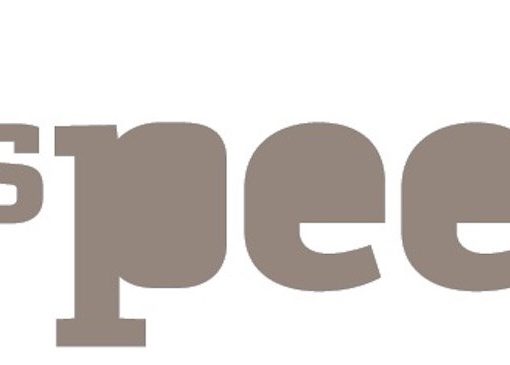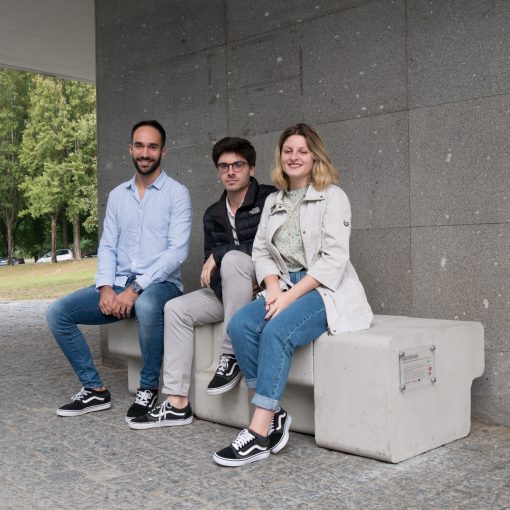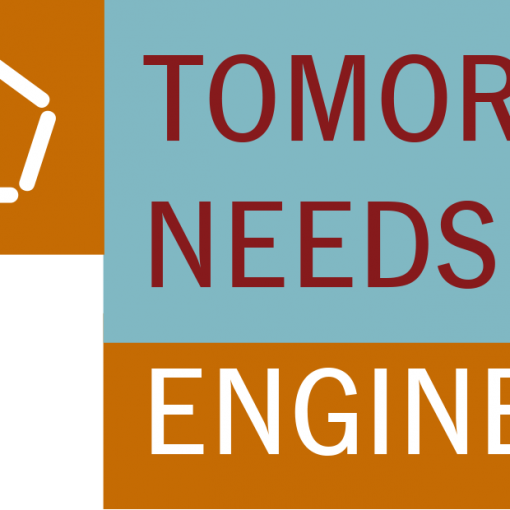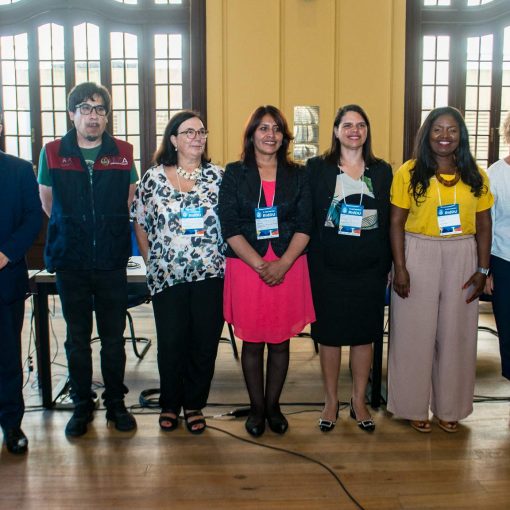The 3rd meeting of the Consortium of Engineering Schools took place, on the 2nd of March, at the Campus of Azurém of the University of Minho, in which were presen Pedro Arezes and Maribel Yasmina Santos, from UMinho School of Engineering; João Falcão e Cunha, Francisco Vasques and Ana Caície, from the Faculty of Engineering of the U. Porto; Paulo Vila Real, from the Aveiro University, Rogério Colaço, from the Higher Technical Institute of the U. Lisbon, Paulo Eduardo Oliveira and Cristóvão Silva from the Faculty of Science and Technology of the U. Coimbra, and Virgílio Machado and Vítor Hugo Fernandes of the Faculty of Science and Technology of the U. Nova de Lisboa .
Several topics were discussed at this meeting, including the MOOC – Massive Open Online Course – “Astrolábio”, in the area of Information Systems and Software Engineering, and TRA LISBON 2022 – Transport Research Arena, whose first public presentation session took place at FEUP, on February 14, with the meeting “Transforming Mobility – Sustainability and Inclusion in the Transport Sector” . This event counted with the participation of members from all schools of the consortium, and had the participation of 2 elements of the Government.
With regard to collaboration with the FCT, protocols for researchers and PhD fellows were addressed in the scope of the UNESCO Science Center LP. Proposals for themes are being collected for doctoral projects in the areas of Civil Engineering and Computer Engineering to start next academic year.
On discussion where also the project with the Higher Education Department to encourage the restructuring of engineering education in Portugal, the proposals for collaboration with Angola and Cape Verde, and the proposal of APDC for scholarships/awards to masters students of the consortium, as well as the schools’ position regarding the implementation of DL65/2018 on the evolution of Integrated Masters.
At the same time, took place a meeting with some representatives of the schools’ communication offices in order to discuss solutions and ways of disseminating CEE initiatives, namely, the Consortium website, which can already be accessed at: www .cee.pt




